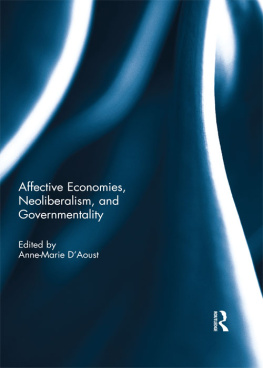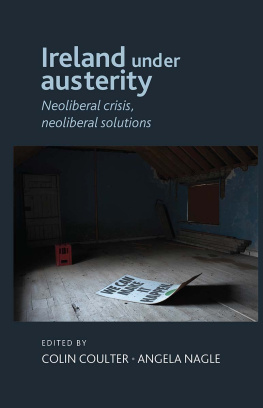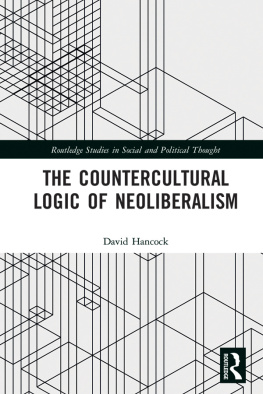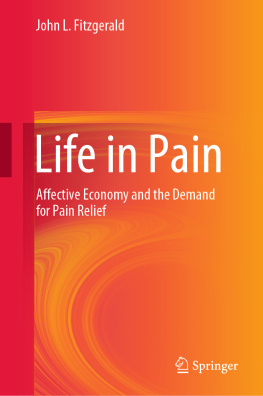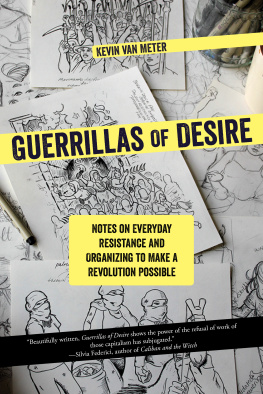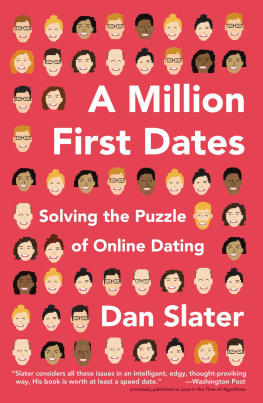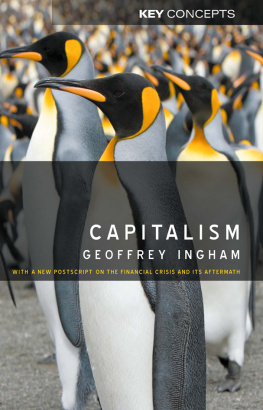Affective Economies, Neoliberalism, and Governmentality
Advanced capitalism is characterised by a level of symbolic production that not only results in a dematerialisation of labour, but also increasingly relies on highly emotional components, ranging from consumption desire to workforce management. Feelings as varied as love, anger, and desire are integral to neoliberal processes, though not in unproblematic and monolithic ways. Whereas some accounts decry capitalisms hold on the emotional realm, as the commodified search for soul mates through online dating sites or Starbucks promotion of fair-trade coffee suggest, others counter that emotions represent a privileged site of resistance to market rationality. Relying on different case studies ranging from drone strikes, the 2008 economic crisis in Ireland, and marriage migration management, this volume builds on this productive tension between subjection and resistance through the lenses of the concept of governmentality. Developed by Michel Foucault, governmentality sheds light on the ways in which economic and political life are now being managed through logics of security and economic calculations. This volume explores how individuals might become emotionally attached to regimes of power that are detrimental to them, how neoliberal processes are concomitant with the valorisation of certain emotional dispositions, and how affective economies might provide a site of resistance.
This book was originally published as a special issue of Global Society.
Anne-Marie DAoust is an Assistant Professor in the Department of Political Science at the Universit du Qubec Montral. Her research focuses on the connections between love, governmentality, and security practices. Her recent publications appeared in International Political Sociology and Disciplining the Transnational Mobility of People (Palgrave Macmillan, 2013).
Affective Economies, Neoliberalism, and Governmentality
Edited by
Anne-Marie DAoust
First published 2015
by Routledge
2 Park Square, Milton Park, Abingdon, Oxon, OX14 4RN, UK
and by Routledge
711 Third Avenue, New York, NY 10017, USA
Routledge is an imprint of the Taylor & Francis Group, an informa business
2015 University of Kent
All rights reserved. No part of this book may be reprinted or reproduced or utilised in any form or by any electronic, mechanical, or other means, now known or hereafter invented, including photocopying and recording, or in any information storage or retrieval system, without permission in writing from the publishers.
Trademark notice: Product or corporate names may be trademarks or registered trademarks, and are used only for identification and explanation without intent to infringe.
British Library Cataloguing in Publication Data
A catalogue record for this book is available from the British Library
ISBN 13: 9781138843943
ePub eISBN 13: 9781317549260
Mobipocket/Kindle eISBN 13: 9781317549253
Typeset in Palatino
by RefineCatch Limited, Bungay, Suffolk
Publishers Note
The publisher accepts responsibility for any inconsistencies that may have arisen during the conversion of this book from journal articles to book chapters, namely the possible inclusion of journal terminology.
Disclaimer
Every effort has been made to contact copyright holders for their permission to reprint material in this book. The publishers would be grateful to hear from any copyright holder who is not here acknowledged and will undertake to rectify any errors or omissions in future editions of this book.
Contents
Anne-Marie DAoust
William Walters
Luis Lobo-Guerrero
Anne-Marie DAoust
Wanda Vrasti and Jean Michel Montsion
Nicholas J. Kiersey
Nadine Voelkner
The chapters in this book were originally published in the Global Society, volume 28, issue 3 (July 2014). When citing this material, please use the original page numbering for each article, as follows:
Chapter 1
Ties that Bind? Engaging Emotions, Governmentality and Neoliberalism: Introduction to the Special Issue
Anne-Marie DAoust
Global Society, volume 28, issue 3 (July 2014) pp. 267276
Chapter 2
Parrhsia Today: Drone Strikes, Fearless Speech and the Contentious Politics of Security
William Walters
Global Society, volume 28, issue 3 (July 2014) pp. 277299
Chapter 3
The Capitalisation of Excess Life through Life Insurance
Luis Lobo-Guerrero
Global Society, volume 28, issue 3 (July 2014) pp. 300316
Chapter 4
Love as Project of (Im)Mobility: Love, Sovereignty and Governmentality in Marriage Migration Management Practices
Anne-Marie DAoust
Global Society, volume 28, issue 3 (July 2014) pp. 317335
Chapter 5
No Good Deed Goes Unrewarded: The Values/Virtues of Transnational Volunteerism in Neoliberal Capital
Wanda Vrasti and Jean Michel Montsion
Global Society, volume 28, issue 3 (July 2014) pp. 336355
Chapter 6
Retail Therapy in the Dragons Den: Neoliberalism and Affective Labour in the Popular Culture of Irelands Financial Crisis
Nicholas J. Kiersey
Global Society, volume 28, issue 3 (July 2014) pp. 356374
Chapter 7
Affective Economies in the Governance of Trafficking and Sex Work in Vietnam
Nadine Voelkner
Global Society, volume 28, issue 3 (July 2014) pp. 375390
Please direct any queries you may have about the citations to clsuk.permissions@cengage.com
ANNE-MARIE DAOUST
This introduction to the special issue on Emotions, Governmentality and Neoliberalism situates the theme inside the recent International Relations literature devoted to emotions and affect. This literature misses an engagement with governmentality, notably because Michel Foucaults prime concern with practical rationalities, such as the conduct of conduct in the case of governmentality, led to an assumption that these were devoid of emotional dimensions. Paying attention to governmentality allows us to examine how emotions and rationality actually intermingle, notably by putting the body at the centre of analysis in ways that do not make it the locus of a pre-social affect. All six contributions to the special issue are then individually discussed around the three key dimensions they all seek to address and emphasise: (1) the ways in which emotions partake in relations of power, sometimes to the point where individuals can become emotionally attached to regimes of power that hurt them; (2) the ways in which neoliberal processes are concomitant with the enclosure and valorisation of certain subjective/emotional dispositions; and, finally (3) the ways in which emotions can challenge or exceed existing relations of power.
Despite the fact that we are far from being able to identify an emotional or affective turn in International Relations (IR), there has been a renewed interest in the subject in recent years, to the point that articles on the topic are increasingly less likely to begin by noting that the study of emotions is a recent occurrence in IR and there is more work to be done. Affect is here seen as preceding cognition, as being experienced as a physical intensity. This double engagement certainly reflects the difference that many scholars make between the two terms, following the famous distinction proposed by cultural scholar Brian Massumi:

